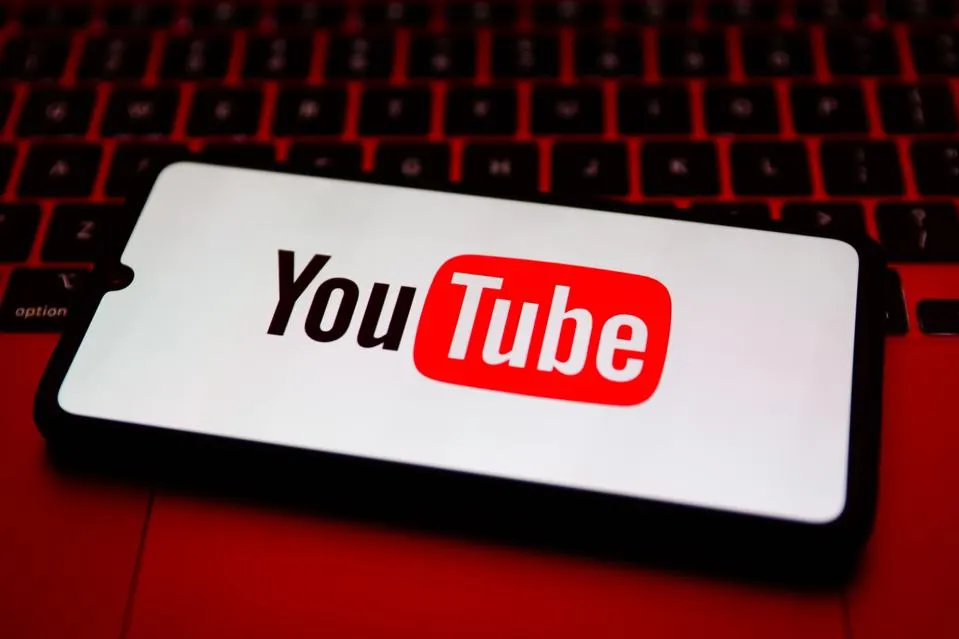The Article Tells The Story of:
- Google fixed a flaw that exposed YouTube users’ email addresses via leaked Gaia IDs.
- Researchers used Pixel Recorder’s API to convert Gaia IDs into email addresses.
- The vulnerability posed a major privacy risk, especially for anonymous users.
- Google addressed the issue and increased the bug bounty after recognizing its severity.
Google Fixes Major Privacy Flaw in YouTube
Google recently fixed a critical security vulnerability that could have exposed the email addresses of YouTube users. This flaw posed a significant risk to content creators, activists, and whistleblowers who rely on anonymity online.
The issue was discovered by security researchers Brutecat and Nathan, who found that a combination of flaws in YouTube and Pixel Recorder APIs could reveal users’ private information.
Check Out Latest Article Of YouTube Premium Unveils 4x Speed and Experimental Features for Subscribers Published on February 1, 2025 SquaredTech
How the Flaw Worked
The vulnerability involved two main steps. First, researchers found that YouTube’s live chat feature leaked a unique internal identifier called a Gaia ID. This ID is used across Google services like Gmail, YouTube, and Google Drive to manage user accounts.
While Gaia IDs are meant for internal use, the researchers discovered that YouTube’s API exposed these IDs during live chat interactions.
By clicking the three-dot menu in a live chat, a background request to YouTube’s API would reveal the Gaia ID of any user, including those trying to remain anonymous.
This step alone was concerning, but the researchers took it further.
Converting Gaia IDs into Email Addresses
The second part of the flaw involved converting Gaia IDs into email addresses. Older Google APIs that could perform this conversion no longer worked, so the researchers searched for outdated services that might still be exploitable.
They discovered that Pixel Recorder, a Google app, had a web-based API that could convert Gaia IDs into email addresses when sharing recordings.
By submitting a Gaia ID to the Pixel Recorder sharing feature, the API returned the associated email address. This meant that anyone with a Gaia ID could potentially uncover the email address tied to a YouTube account, compromising user privacy.
Google’s Response and Fixes
The code you provided appears to be a corrupted or improperly formatted text snippet. It seems to describe a situation where researchers reported a security flaw to Google, and Google initially classified it as a duplicate of a known issue, awarding a $3,133 bounty.
However, after the researchers demonstrated an additional component involving Pixel Recorder, Google recognized the severity of the issue and increased the bounty to $10,633.
Here’s a breakdown of the key points in the code:
- Researchers Reported the Flaw: The researchers identified a security vulnerability and reported it to Google on September 24, 2024.
- Initial Response from Google: Google initially treated the issue as a duplicate of a previously known bug and awarded a $3,133 bounty.
- Additional Demonstration: The researchers demonstrated an additional component related to Pixel Recorder, which highlighted the severity of the flaw.
- Increased Bounty: After recognizing the seriousness of the issue, Google increased the bounty to $10,633.
The code itself is not functional or meaningful in a programming context. It seems to be a textual description of an event, but the formatting is broken, with numbers and letters scattered across multiple lines.
Google fixed the vulnerability by addressing both the Gaia ID leak in YouTube and the Gaia ID-to-email conversion in Pixel Recorder.
They also made changes to ensure that blocking a user on YouTube only affects that platform and does not impact other Google services.
Stay Updated: Tech News


